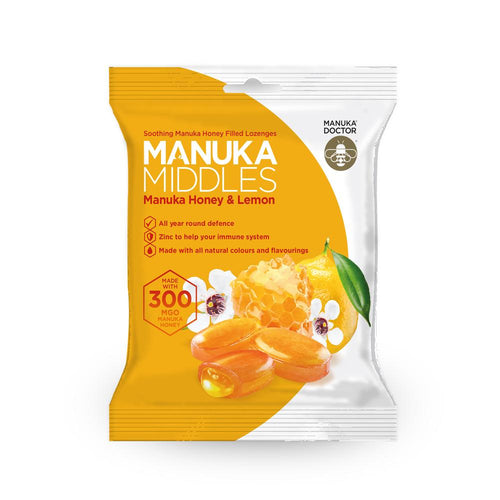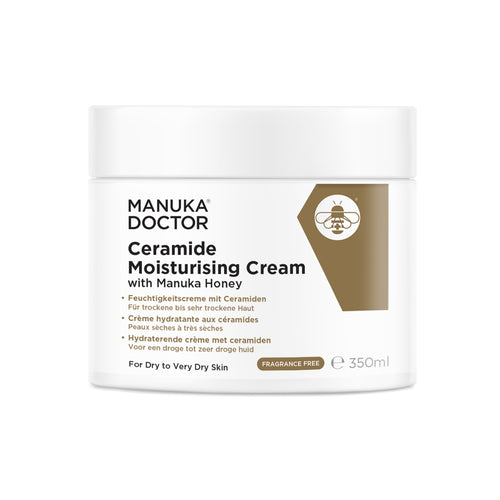It was the supplement that got all the attention in the first year of the coronavirus crisis. But could vitamin D really help protect you from future waves? We’ll have a go at answering some of your biggest questions with the help of the latest research.
What is vitamin D, anyway?
Technically, it’s actually a pro-hormone rather than a vitamin. Most vitamin D in the body is made in your skin in response to sunlight. You also get a small amount – around 10 per cent - from food such as oily fish, eggs and fortified cereals.
What does it do in the body?
Vitamin D is best known for helping to keep bones and teeth healthy, famously preventing rickets in children. It’s needed to absorb calcium from the gut and absorb it into the bloodstream. Then the liver and kidneys transform it into a hormone called calcitriol, which is needed for bone formation.[1] In more recent years, scientists have learned vitamin D has many other roles in the body, including regulating inflammation, and modulating immune function, glucose metabolism and cell growth.[2] This is probably why low levels have been linked with a range of issues, from depression and diabetes to a higher risk of cancer, along with trouble fighting off infections, although scientists are still working to understand some of the mechanisms.
So what exactly is the coronavirus connection?
Well, we know vitamin D is important for a healthy, functioning immune system. A 2017 review in the highly esteemed British Medical Journal found supplementing with it could offer some protection against colds and flu, and the effect was especially marked in those who were deficient.[3] So it does make sense that it could also help defend you against other viruses, including Covid-19, and in 2020, researchers began to investigate whether it may be helpful. One Spanish study suggested vitamin D could improve symptoms in patients hospitalised with the virus, while Indian research showed it may shorten the duration of the infection. And other research found some links between deficiency and a higher risk of contracting and becoming seriously ill from coronavirus. However, the jury’s still out and the picture is far from clear. Other studies haven’t found benefits, so at the moment the research is inconsistent.[4] But studies are ongoing, and hopefully we’ll soon learn more.

What does it all mean for me?
Overall, we don’t currently have concrete evidence that vitamin D is protective against Covid-19. But lots of people are taking it anyway as insurance. And it’s recommended we all supplement it throughout the autumn and winter. Most of us are low on vitamin D at this time of year due to weak winter sunlight and our indoor lifestyles. It’s safe, and it’s important for overall wellbeing – so topping up seems sensible. However, you should still take other steps to look after your health and protect yourself against coronavirus and other bugs.
How much should I take?
Government guidelines recommend you take 10mcg – or 400iu – every day between October and March, and all year round if you rarely go outdoors, have dark skin or wear clothes that cover most of your skin.[5] It’s worth noting, though, that some experts believe the amount recommended in the UK isn’t enough. Recommended doses are higher in some other countries,[6] and studies looking at whether vitamin D could be protective have usually used higher doses. You can safely take 10 times the recommended amount – so up to 100mcg or 4000iu.[7] Taking higher doses than that in the long term can be harmful.
What’s the best way to get it?
It stands to reason that ideally, we’d get all the vitamin D we need from sunlight – after all, our bodies are designed to produce the majority of our vitamin D this way. So make sure you expose some skin to the sun, making sure your skin never goes pink, in spring and summer. In the darker months, you can top up with a supplement. Manuka Doctor’s High-Strength Vitamin D comes in capsules with other important immune nutrients and dried Manuka honey – a handy way to get your sunshine dose.
[1] https://www.yourhormones.info/hormones/vitamin-d/
[2] https://ods.od.nih.gov/factsheets/VitaminD-HealthProfessional/
[3] Martineau AR, Jolliffe DA, Hooper RL et al. Vitamin D supplementation to prevent acute respiratory tract infections: systematic review and meta-analysis of individual participant data. BMJ 2017;356:i6583
[4] Vimaleswaran KS. Vitamin D and Covid-19. BMJ 2021;372:n544
[5] https://www.nhs.uk/conditions/vitamins-and-minerals/vitamin-d/
[6] https://www.health.harvard.edu/staying-healthy/how-much-vitamin-d-do-you-need
[7] https://www.nhs.uk/conditions/vitamins-and-minerals/vitamin-d/



